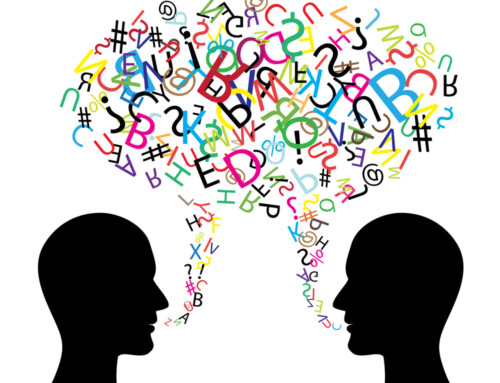 While working out their divorce through mediation, clients will sometimes comment on the therapeutic effect of the process, both positive, “I was able to say things to my spouse that I had never been able to say before,” and sometimes negative, “This isn’t therapy, you know, let’s move on to the point.”
While working out their divorce through mediation, clients will sometimes comment on the therapeutic effect of the process, both positive, “I was able to say things to my spouse that I had never been able to say before,” and sometimes negative, “This isn’t therapy, you know, let’s move on to the point.”
Many people are uncomfortable expressing emotions and state very clearly that they would rather just focus on making the necessary concrete decisions. However in times of divorce, while in the midst of discussing parenting schedules, division of property or even financial agreements, a flood of sentiments may emerge to the surface. Resentments may come in the way of resolutions, or the conversation may well open up a dialogue. I have even witnessed separating parties express apologies and forgiveness.
Some people may feel the need to seek help from a mental health professional during or after the mediation process. In cases where someone may also be struggling with depression, excessive anxiety, or some form of addiction, which can make it even more difficult for them to work through a divorce, additional mental health support most often will be needed.
The mediation process is certainly not therapy, but mediators, like mental health professionals, help people in crisis, encourage them to communicate better and assist them with relationships in transition. Each professional addresses these issues from a different perspective. I believe that as mediators we need to work hand in hand with mental health professionals to better assist our clients in coming to terms with their crisis so that they can better get on with their lives.
If you are a mental health professional and are interested in having a conversation with me on how we can help our clients better cope with the issues they encounter during a separation and/or divorce, please feel free to contact me.
Comments & Replies from Social Media
__________________________________________________
In divorce mediation, when the parties are stuck on issues, I try to introduce their mutual care for their children. It is, in most cases, a concern they can both appreciate and share. In high conflict couples, this is not always effective, but in any mediation there are those “aha” moments that send shivers along my spine as people discover what is really underneath the conflict for them. Psychologists probably are accustomed to witnessing these phenomena, but as a person from the financial planning profession, I was not. I am grateful and almost shy that they can so open themselves in the safety of the mediation space.
By Joyce Mitchel (via LinkedIn)
__________________________________________________
Good article Jennifer! I am always amazed when my divorcing clients tell me that they have never communicated so well as they did during their mediation. It gives me a great feeling to know that I was able to help them. I am also a big fan of recommending therapists to my clients during and after the process
By Roseann Vanella (via LinkedIn)
__________________________________________________
As mediators, we certainly do help people in crisis. How? We demonstrate empathy through reframing and active listening. It has been stated that although listening is generally in decline with attention spans dropping from 42 to 38 seconds, more people over time will pay professionals to listen to their financial, personal, and unmet needs.
By John Turley (via LinkedIn)
__________________________________________________
People often find themselves in a conflict trap where the dynamic of their conflict ensnares them both in its grip and the participants are unable, on their own, to escape. Mediators can often find a way to interrupt the usual dynamic and help people find a way to communicate more effectively around difficult conversations.
By Katherine Miller (via LinkedIn)
Get Your FREE Copy of Jennifer’s 12 Critical Mistakes to Avoid When Considering a Separation or Divorce!!
Jennifer Safian
divorce and family mediation
upper east side of manhattan (nyc)
new york, ny
(917) 881 5206
jpsafian@gmail.com
Latest posts by Jennifer Safian (see all)
- misinterpreting your partner’s demeanor may lead to conflict - October 9, 2024
- demystifying the money talk - September 11, 2024
- why are we afraid to discuss money? - August 21, 2024





Great message! Mediators and mental health professionals can help people move pass a very traumatic time in their life.
I see the same or similar reactions in civil cases as well. It’s great to see battling parties come together, and peacefully resolve their issues.
This is an important message to get out, Jennifer. Too many times I have found mental health professionals concerned that a family mediator is a competitor rather than a potential complementary partner in helping a family. There is a place for both…
Ben, thank you for your comment; there definitely is a place for the mediator and for the mental health professional as support for the client in mediation. We all need to clear some pre conceived ideas so the public is better informed.